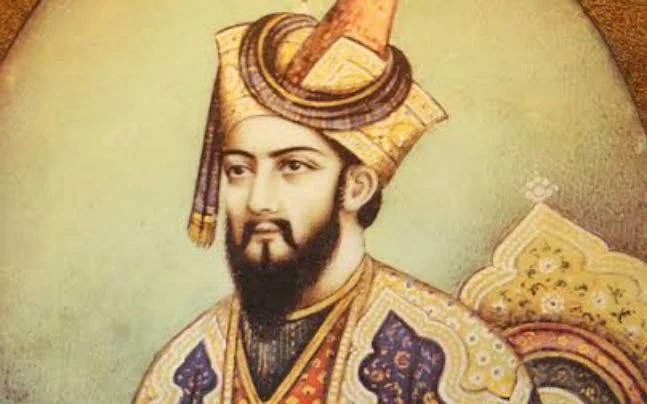Hindu Sentiments on Babar: The sentiment of Hindus towards Babar, the founder of the Mughal Empire, is a multifaceted aspect rooted in historical narratives. To comprehend the depth of this sentiment, we delve into the annals of history, where Babar’s arrival in the Indian subcontinent marked a significant turning point.
Babar’s Arrival in India
Babar’s conquests in the 16th century altered the socio-political landscape of India. His victory over Ibrahim Lodi in the Battle of Panipat led to the establishment of the Mughal Empire. This marked the initiation of a regime that had lasting implications for the indigenous cultures and religions of the subcontinent, including Hinduism.
Impact on Hindu Society
The rule of the Mughals, while characterized by cultural and architectural marvels, also witnessed instances of religious tension. Policies under Babar’s successors sometimes resulted in conflicts with the Hindu populace, leading to perceptions of oppression and forced conversions.
Religious and Socio-Political Clashes
The clashes were not merely religious but often intertwined with political dynamics. Historical records reveal sporadic instances where the Hindu community felt marginalized or subjected to discriminatory practices, contributing to a sense of aversion towards Babar’s legacy.
Symbolism and Cultural Shifts
Babar’s reign introduced significant cultural shifts, influencing art, architecture, and societal norms. While the fusion of cultures led to the creation of unparalleled monuments like the Taj Mahal, it also represented a departure from indigenous traditions, leading to sentiments of cultural upheaval among certain segments of society.
Contemporary Perceptions
Centuries later, these historical events continue to shape perceptions and sentiments. Interpretations of Babar’s legacy vary widely, with some sections acknowledging his contributions to the cultural landscape, while others emphasize the darker chapters of religious and societal upheaval.
Complexity of Historical Sentiments
The sentiments of Hindus towards Babar are thus deeply layered, influenced by a complex interplay of historical events, socio-cultural changes, and interpretations of past occurrences. These sentiments are not monolithic but rather a spectrum of emotions and viewpoints shaped by diverse historical narratives.
Conclusion
Understanding the reasons behind why Hindus may hold aversion towards Babar involves a nuanced exploration of history, encompassing cultural shifts, religious tensions, and socio-political dynamics. The sentiments are not uniform but reflect the diverse interpretations of a complex historical era.









